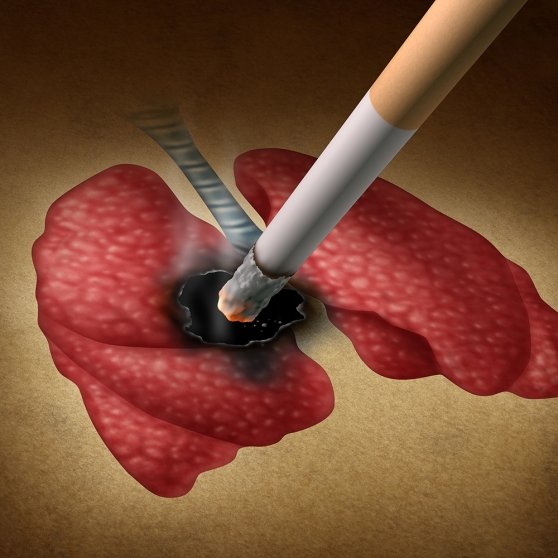The Worst Things You Can Do for Your Heart
Every puff of your cigarette increases your chance of having a life-threatening heart attack. According to the National Institutes of Health, the chemicals in tobacco smoke raise your risk of atherosclerosis — a disease in which a waxy substance called plaque builds up in your arteries. This can damage your heart’s ability to function. Over time, this plaque hardens and narrows your arteries, limiting the flow of oxygen-rich blood to your organs. Coronary heart disease occurs if the plaque builds up in the coronary, or heart, arteries. But that’s not all! Smoking is also a major risk factor for peripheral arterial disease — when plaque builds up in the arteries that carry blood to the head, organs and limbs. Smoking raises your blood pressure and reduces your HDL, or “good,” cholesterol. The good news? If you can find a way to quit permanently, you can reduce your risk almost immediately. Experts say you may even eliminate tobacco’s negative effects within three years.
Image courtesy of Annamarinenko | Dreamstime.com Image courtesy of Kurhan | Dreamstime.com Image courtesy of Blake Anthony | Dreamstime.com Image courtesy of Valentyn75 | Dreamstime.com Image courtesy of Andreykuzmin | Dreamstime.com Image courtesy of Katarzyna Bialasiewicz | Dreamstime.com Image courtesy of Skypixel | Dreamstime.com Image courtesy of Skypixel | Dreamstime.com Image courtesy of Alain Lacroix | Dreamstime.com American Heart Association, "Alcohol and Heart Health" WebMD, "Pessimism, Cynicism Can Hurt Your Heart" WebMD, "Rein In the Rage: Anger and Heart Disease" University of Wisconsin-Madison School of Public Health, "The Three Best and Worst Things You Can Do for Your Heart" Cardio Smart American College of Cardiology, "Belly Fat Increases Risk for Heart Disease" National Heart, Lung, and Blood Institute, "How Does Smoking Affect the Heart and Blood Vessels?" Harvard Health Publications, "Treating gum disease may lessen the burden of heart disease, diabetes, other conditions" RxWiki, "What Women Should Know About Heart Disease" PubMed Health, "Coronary Heart Disease (CHD): Symptoms" Mayo Clinic, "Nutrition and healthy eating" The Journal of the American College of Cardiology

